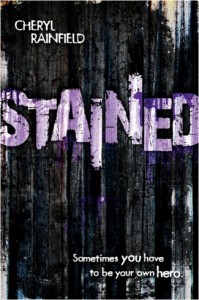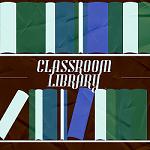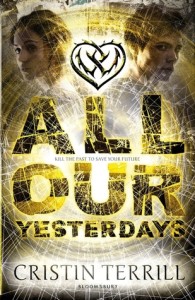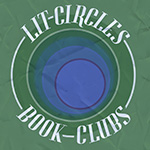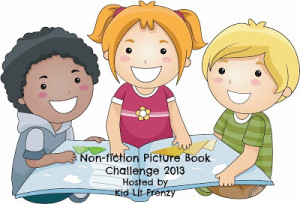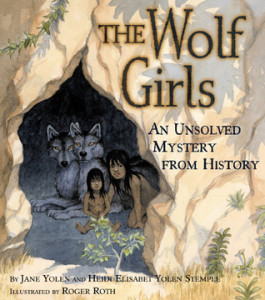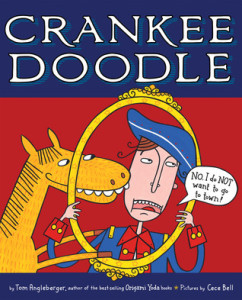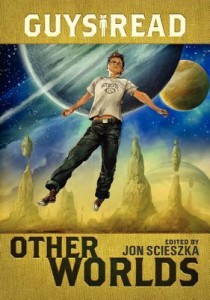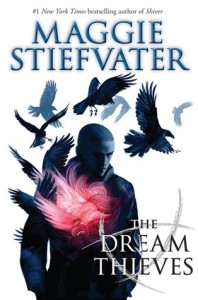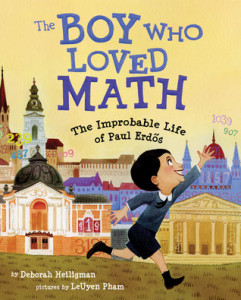Stained
Author: Cheryl Rainfield
Expected Publication October 1st, 2013 by HMH Books for Young Readers
Goodreads Summary: In this heart-wrenching and suspenseful teen thriller, sixteen-year-old Sarah Meadows longs for “normal.” Born with a port-wine stain covering half her face, all her life she’s been plagued by stares, giggles, bullying, and disgust. But when she’s abducted on the way home from school, Sarah is forced to uncover the courage she never knew she had, become a hero rather than a victim, and learn to look beyond her face to find the beauty and strength she has inside. It’s that—or succumb to a killer.
My Review: Cheryl delves into two very different tough subjects in this book. First, we meet Sarah who is a 16-year-old girl who was born with a port-wine stain. As with anything that makes you different when you are a teenager, it affects your life daily. Sarah has trouble fitting in, is bullied, and only has a few friends. Through this experience, though, she has also had a very narrow focus on physical appearance and pushes people away because she is focused so much on a surgery that would temporarily remove her port-wine stain. However, as she is dealing with not receiving her surgery, Sarah is thrown into the scariest situation a girl could become part of: she is kidnapped, locked away, and abused by her kidnapper.
Though this is a very tough book to read, it was one that I couldn’t put down. It is amazing how Cheryl takes the tragedies she has been through and transports her strength and experiences into her characters.
Teacher’s Tools For Navigation: This story will resonate with many students because it is about a circumstance that far too many teenagers find themselves in or know someone that has experienced being bullied or abused. This makes it a very important book that needs to be accessible because sometimes teenagers need to know about having courage to stand up against evil: “Sometimes you have to be your own hero.” [I think this is a perfect book to review during Banned Books Week because Cheryl has found her books challenged. However, why should we keep books off the shelf that have ultimately saved readers’ lives? Hear more about my thoughts on banned/challenged books tomorrow.]
Discussion Questions: Sarah has dealt with having a large birthmark on her face since birth and has had to deal with the bullies. Do you think Sarah dealt correctly with the bullies? Could some of the other students around have done something differently?; What traits does Sarah have that helped her during her horrible situation?; Why was the title of the book Stained?
We Flagged: “I feel so dirty, like his smell is clinging to me still, sweat and cologne and sex. Like he’s stained me deeper than my birthmark ever could. Stained my soul, stained everything that makes me who I am.” (p. 99)
Read This If You Loved: Room by Emma Donoghue, Speak by Laurie Halse Anderson, The Mockingbirds by Daisy Whitney, Hunted by Cheryl Rainfield, The Missing Girl by Norma Fox Mazer, Girl, Stolen by April Henry, Stitches by David Small
Recommended For:
